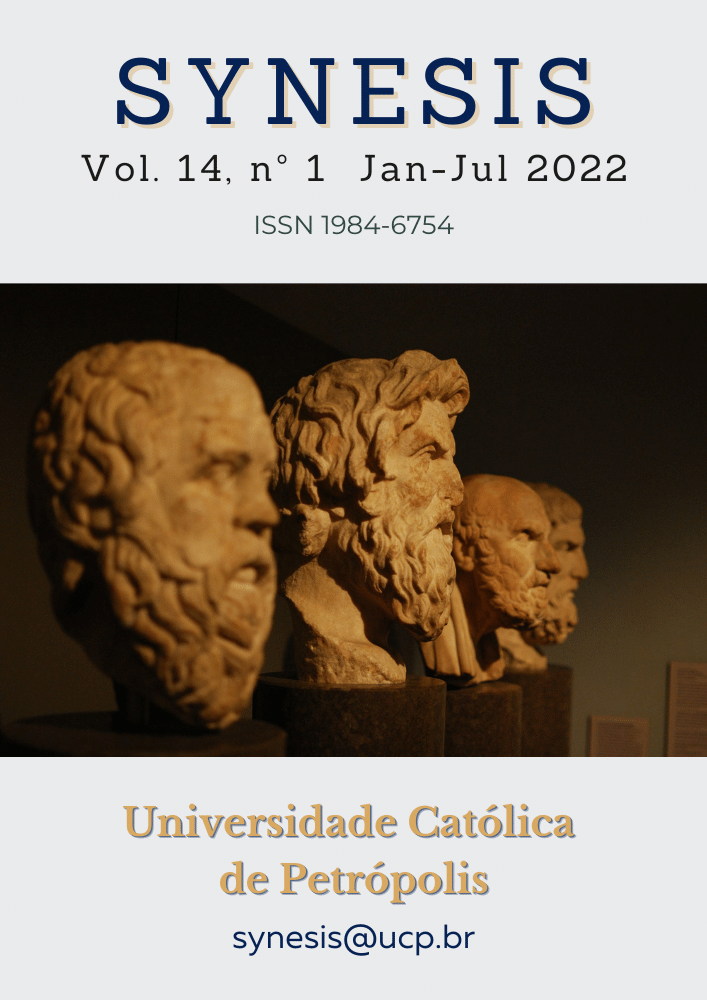Abstract
The aim of this research was to Philosophical reconstruction of Yūsuf Balasaguni's ethical paradigms. The article covers the ontology of the ethical teachings of Yūsuf Balasaguni, a great poet and thinker of the medieval East, in the context of the philosophical reconstruction of his social and ethical heritage in modern discourse. Ethical ontology questions the essence of people, their role, and their purpose in society. Yūsuf Balasaguni found the values-based paradigms of ideal social life in a community that exists as a harmonious entity based on justice and knowledge.
References
Kononov, A.N. (1963). Poema Yusufa Balasagunskogo “Blagodatnoe znanie” [The poem of Yūsuf Balasaguni "Blessed Knowledge"]. Moscow, p. 506.
Dzhumabaev, Yu.D., Mamedov, Sh.F. (1974). Eticheskaya mysl v Srednei Azii v IX-XV v.v. [The ethical thought in ex-Soviet Central Asia between the 9th-15th centuries]. Moscow, p. 96-97.
Marx, K. and Engels, F. (1973). Selected Works. Vol. 1. Moscow: Progress Publishers.
Balasaguni, Y. (1983). Kutadgu Bilig: (Blessed Knowledge). Moscow: Nauka.
Devereux, R. (1985). Yūsuf Khāss Hājib, Wisdom of Royal Glory (Kutadgu Bilig): A Turko-Islamic Mirror for Princes, Robert Dankoff, trans., Publications of the Center for Middle Eastern Studies, No. 16 (Chicago: University of Chicago Press, 1983). pp. 291. International Journal of Middle East Studies, 17(4), 577-579. doi:10.1017/S002074380002972X
Tekin, T. (1989). Wisdom of Royal Glory (Kutadgu Bilig): A Turko-Islamic Mirror for Princes. Yusuf Khass Hajib , Robert Dankoff. Journal of Near Eastern Studies, 48(1), 68-70. https://doi.org/10.1086/373364
Khass Hajib, Y. (1983). Wisdom of Royal Glory: A Turko-Islamic Mirror for Princes (Publications of the Center for Middle Eastern Studies). Chicago: University of Chicago Press.

This work is licensed under a Creative Commons Attribution-NonCommercial-NoDerivatives 4.0 International License.
Copyright (c) 2022 Synesis (ISSN 1984-6754)

